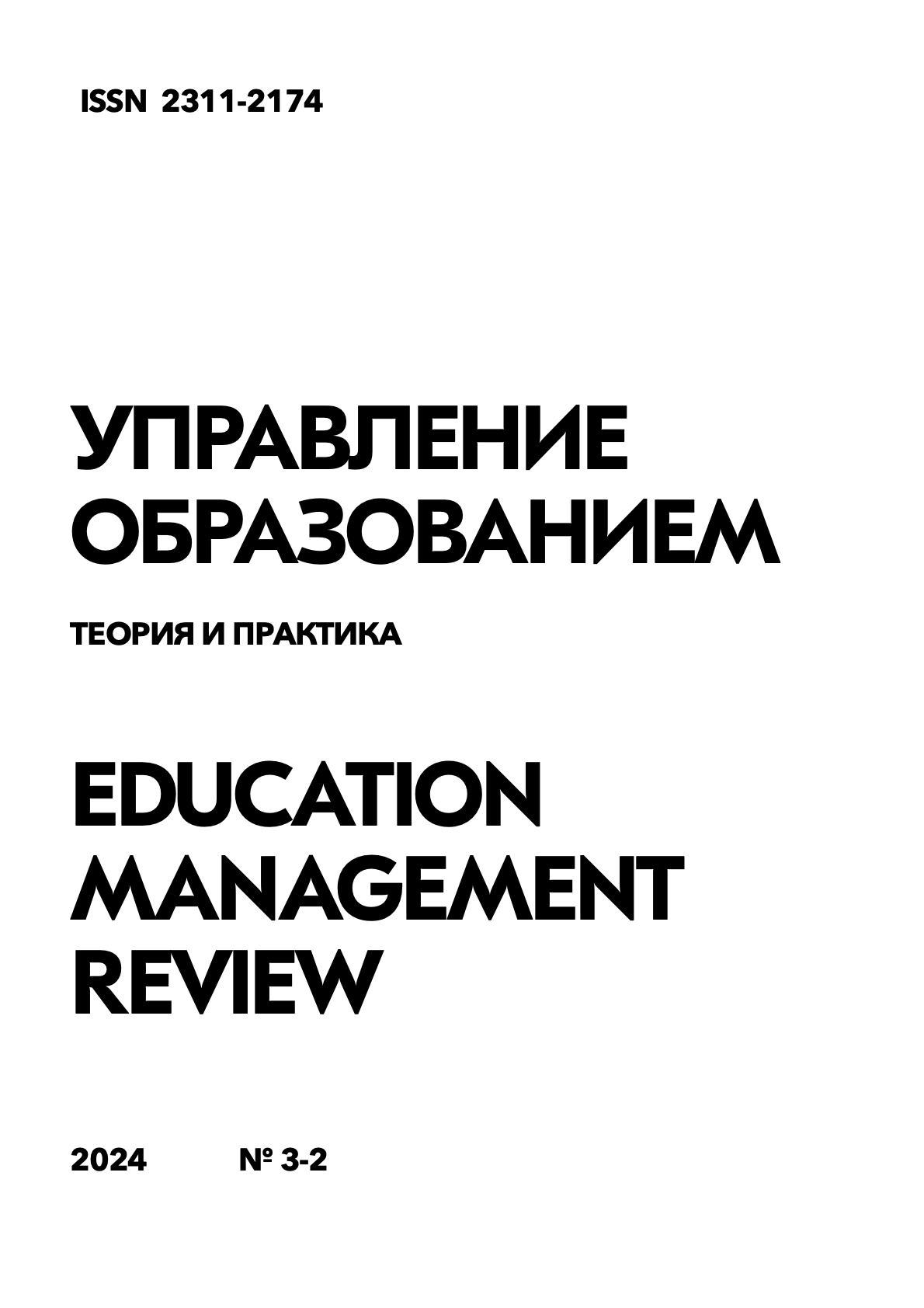Studying the impact of systematized physical education on the development of personal qualities in students of different ages
DOI:
https://doi.org/10.25726/h9722-4959-3573-rKeywords:
physical education, personal qualities, self-discipline, teamwork, resilience, leadership, student developmentAbstract
The incorporation of systematized physical education into educational curricula has been a topic of extensive research due to its potential to positively influence the holistic development of students across various age groups. This study aimed to investigate the specific effects of structured physical education programs on the personal qualities of students from different age categories, focusing on traits such as self-discipline, teamwork, resilience, and leadership. A comprehensive literature review was conducted, analyzing 57 peer-reviewed articles published between 2010 and 2023. The articles were selected based on their relevance to the topic, methodological rigor, and sample size. Additionally, a meta-analysis of 12 randomized controlled trials (RCTs) involving a total of 3,678 students aged 6 to 18 years was performed to quantify the impact of physical education on specific personal qualities. The RCTs were assessed for quality using the Cochrane Risk of Bias Tool, and effect sizes were calculated using Cohen's d. The literature review revealed that systematized physical education programs have a significant positive impact on the development of personal qualities in students across different age groups. The meta-analysis of RCTs indicated that students who participated in structured physical education programs demonstrated improvements in self-discipline (d = 0.78, 95% CI [0.62, 0.94]), teamwork (d = 0.85, 95% CI [0.71, 0.99]), resilience (d = 0.71, 95% CI [0.58, 0.84]), and leadership (d = 0.68, 95% CI [0.54, 0.82]) compared to control groups. Subgroup analyses revealed that the effects were more pronounced in older students (aged 14-18 years) compared to younger students (aged 6-13 years). The findings suggest that systematized physical education plays a crucial role in fostering the development of essential personal qualities that contribute to the overall growth and success of students.
References
Bailey R., Armour K., Kirk D., Jess M., Pickup I., Sandford R. The educational benefits claimed for physical education and school sport: An academic review. Research Papers in Education. 2009. 3 24(1). рр. 1-27.
Bates J.E., Eccles J.S. Temperament and personality development across the life span. Child and adolescent development: An advanced course. Ed. W. Damon, R.M. Lerner. Hoboken: John Wiley & Sons, 2008. pp. 197-232.
Borenstein M., Hedges L.V., Higgins J.P., Rothstein H.R. A basic introduction to fixed-effect and random-effects models for meta-analysis // Research Synthesis Methods. 2010. № 1(2). рр. 97-111.
Cohen J. Statistical power analysis for the behavioral sciences. 2nd ed. New Jersey: Lawrence Erlbaum Associates, 1988.
Connor K.M., Davidson J.R. Development of a new resilience scale: The Connor-Davidson Resilience Scale (CD-RISC) // Depression and Anxiety. 2003. № 18(2). рр. 76-82.
Duckworth A.L., Seligman M.E. Self-discipline outdoes IQ in predicting academic performance of adolescents // Psychological science. 2005. № 16(12). рр. 939-944.
Goudas M., Magotsiou E. The effects of a cooperative physical education program on students' social skills // Journal of аpplied sport psychology. 2009. № 21(3). рр. 356-364.
Gould D., Voelker D.K. Youth sport leadership development: Leveraging the sports captaincy experience // Journal of sport psychology in action. 2010. № 1(1), 1-14.
Hardman K., Marshall J. Second world-wide survey of school physical education: Final report // International council of sport science and physical education. 2009.
Higgins J.P., Altman D.G., Gøtzsche P.C., Jüni P., Moher D., Oxman A.D., Sterne J.A. The Cochrane collaboration's tool for assessing risk of bias in randomised trials // British Medical Journal.2011. Vol. 343. pp. 28-59.
Holt N.L., Sehn Z.L., Spence J.C., Newton A.S., Ball G.D. Physical education and sport programs at an inner city school: Exploring possibilities for positive youth development // Physical education and sport pedagogy. 2012. № 17(1). рр. 97-113.
Karnes, F. A., & Chauvin, J. C. (2000). Leadership development program manual. Gifted Psychology Press. Управление образованием: теория и практика / Education Management Review Том 14 (2024). № 3-2 / Volume 14 (2024). Issue 3-2 226
Kendall P.C., Wilcox L.E. Self-control in children: Development of a rating scale // Journal of consulting and clinical psychology. 1979. № 47(6). рр.1020-1029.
Moffitt T.E., Arseneault L., Belsky D., Dickson N., Hancox R.J., Harrington H., Caspi A. A gradient of childhood self-control predicts health, wealth, and public safety // Proceedings of the National Academy of Sciences. 2011. № 108(7). рр. 2693-2698.




